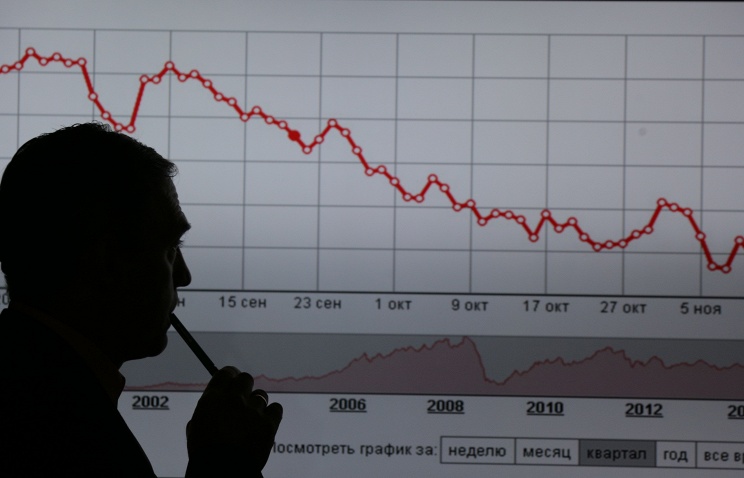
Next year could become the last for the Reserve Fund, Russia’s Finance Minister Anton Siluanov said. The minister noted that Russia’s Reserve Fund will no longer be the main source to finance budget deficit from 2017.
“Our reserves volume in 2015 will decrease by approximately 2.6 trillion rubles ($40.85 bln) – more than half. This means that 2016 is the last year when we are able to spend our reserves that way. After that we will not have such resources,” he said.
In the draft budget for 2016, the Reserve Fund is considered as the main source to finance the budget deficit. In particular, it is planned to allocate 2.137 trillion rubles for this purpose.
As a result, in the end of 2016 the fund will shrink to 1.051 trillion rubles ($16.4 bln), or 1.3% of GDP. In the beginning of 2015 the fund amounted to 4.946 trillion rubles ($77.161 bln), or 6.7% of GDP.
According to the 2016 budget draft by the Ministry of Finance, revenues of Russia’s federal budget for 2016 are projected at 13.577 trillion rubles ($217 bln), expenses at 15.761 trillion rubles ($252 bln), leading to budget deficit of 2.184 trillion rubles ($34.9 bln).
The cabinet submitted the draft budget to the State Duma, lower house of parliament, on October 23. The State Duma is to consider the document on November 13.
According to the minister the Russian budget will lack 900 bln rubles ($14.1 bln) in 2016 if oil prices and dollar exchange rate remain unchanged.
“If the current oil prices and exchange rates remain the same, and the current oil price is at around $44 per barrels for Urals, and the ruble exchange rate is about 62 rubles to the dollar, we can fall 900 bln rubles ($14.12 mln) short. We really face such risks,” the mnister said.
The draft budget for 2016 is based on the forecast of the average annual oil price at $50 per barrel and the average annual exchange rate at the level of 63.3 rubles per dollar.
The draft federal budget for 2016 was submitted by the Government to the State Duma on October 23. According to 2016 draft federal budget published by Russia’s Finance Ministry, the federal budget revenues will amount to 13.6 trillion rubles ($218.28 bln), expenditures – to 15.8 trillion rubles ($253.9 bln) while budget deficit will stand at 2.1 trillion rubles ($35 bln), or 2.8% of GDP. The document implies forecasted GDP at 78.673 trillion rubles ($1.26 trillion) and inflation rate not exceeding 6.4%.
Budget for 2016 is fundamentally different from the document prepared in 2014. The government is forming one-year budget for next year, excluding 2017 and 2018. Also, budget rule, which determines the maximum expenditure level based on oil prices, ultimate level of budget expenditures is determined on the basis of income under oil settling price plus 1% of GDP, if oil prices decrease, the settlement price is determined as the average over the past 3 years, is revoked for 2016. The budget will be submitted to the State Duma (lower house of parliament) later than usual – on October 25 instead of October 1.